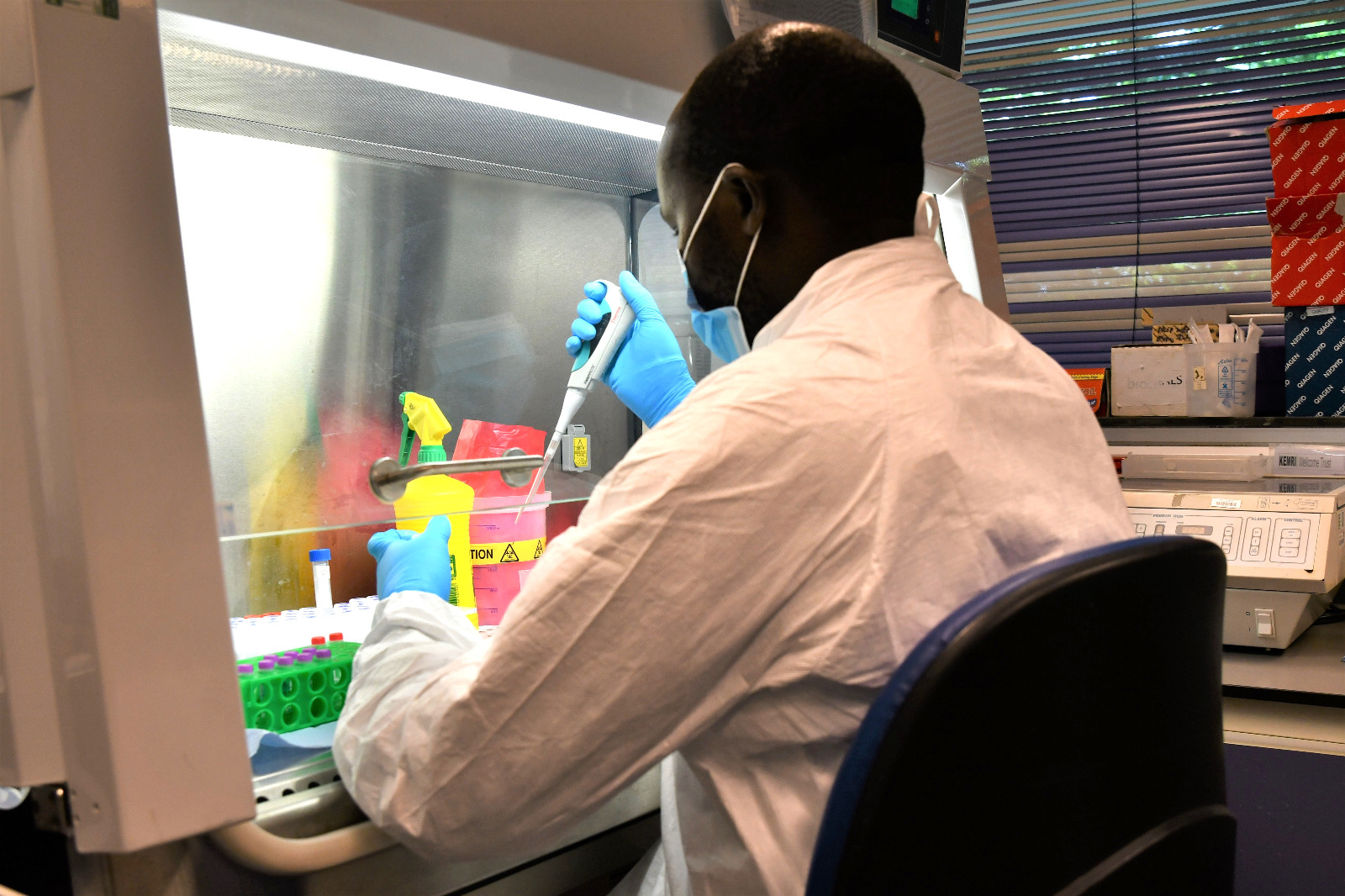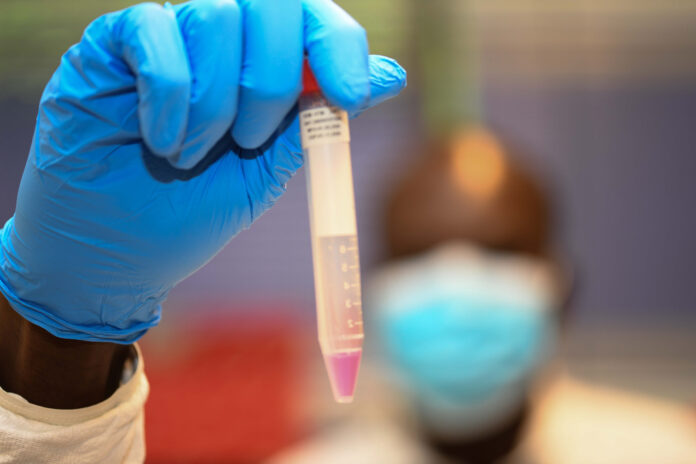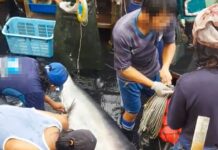By Mary Mwendwa
Nairobi, Kenya: A new Malaria transmission control project has been launched in Kwale County, Kenya. Through a community campaign dubbed, The Broad One Health Endoctocide- based Malaria Intervention in Africa( BOHEMIA), ivermectin, a drug that fights Malaria will be administered in Kwale County.
Dr. Marta Maia and Dr. Joseph Mwangangi who are co-principle investigators announced this through a press release.
The Mass drug administration of Ivermectin in Kenya is being implemented by the KEMRI-Wellcome Trust Research Programme and led by the co-principal investigators.
The researchers have noted that the continued successful use of bed nets to prevent malaria has resulted in enormous reductions in malaria cases.
Further, bed nets remain the principal prevention method, however, mosquitoes are adapting and becoming resistant to insecticides.

In addition, mosquitos have changed their behaviors to bite at times when people are not under their bed nets and are also feeding on animals. This has resulted in the need for scientists to look for novel tools to complement bed nets in the fight against malaria.
Ivermectin is a drug, commonly used to treat parasitic infections like river blindness and head lice among others. It is known that if a mosquito bites a human who has been treated with ivermectin, it does not survive for long and may not be able to spread malaria.
“Administering ivermectin to as many people as possible at the same time in a community might be a new way to control malaria transmission. With BOHEMIA, we are trying to generate evidence for this strategy,” says Dr. Maia.
The trial will assess the safety of using Ivermectin, and the efficacy of this novel vector control strategy to reduce malaria transmission. The drug will be administered to around 32,000 participants, in selected areas of Msambweni and Lungalunga sub-counties in Kwale county. The study area has been divided into clusters and these have been randomly assigned to two arms, with one arm receiving ivermectin, the trial drug, and the control group receiving albendazol.
In preparation for the mass drug administration, the study area households have been mapped, and a digital map was generated to aid in the creation of study clusters within the sub-counties.
The study also comprises a ‘social science’ arm, where researchers are living within the clusters, with the community to learn about people’s lifestyles and the acceptability of the ivermectin mass drug administration. This included community engagement activities with key stakeholders including county government representatives and religious leaders, to increase awareness, knowledge, and understanding of the BOHEMIA project and malaria.
“Our aim is to improve the tools we have for malaria control and what better way than to explore an affordable and accessible drug like ivermectin, which has a well-established safety profile,” explains Dr. Mwangangi.














